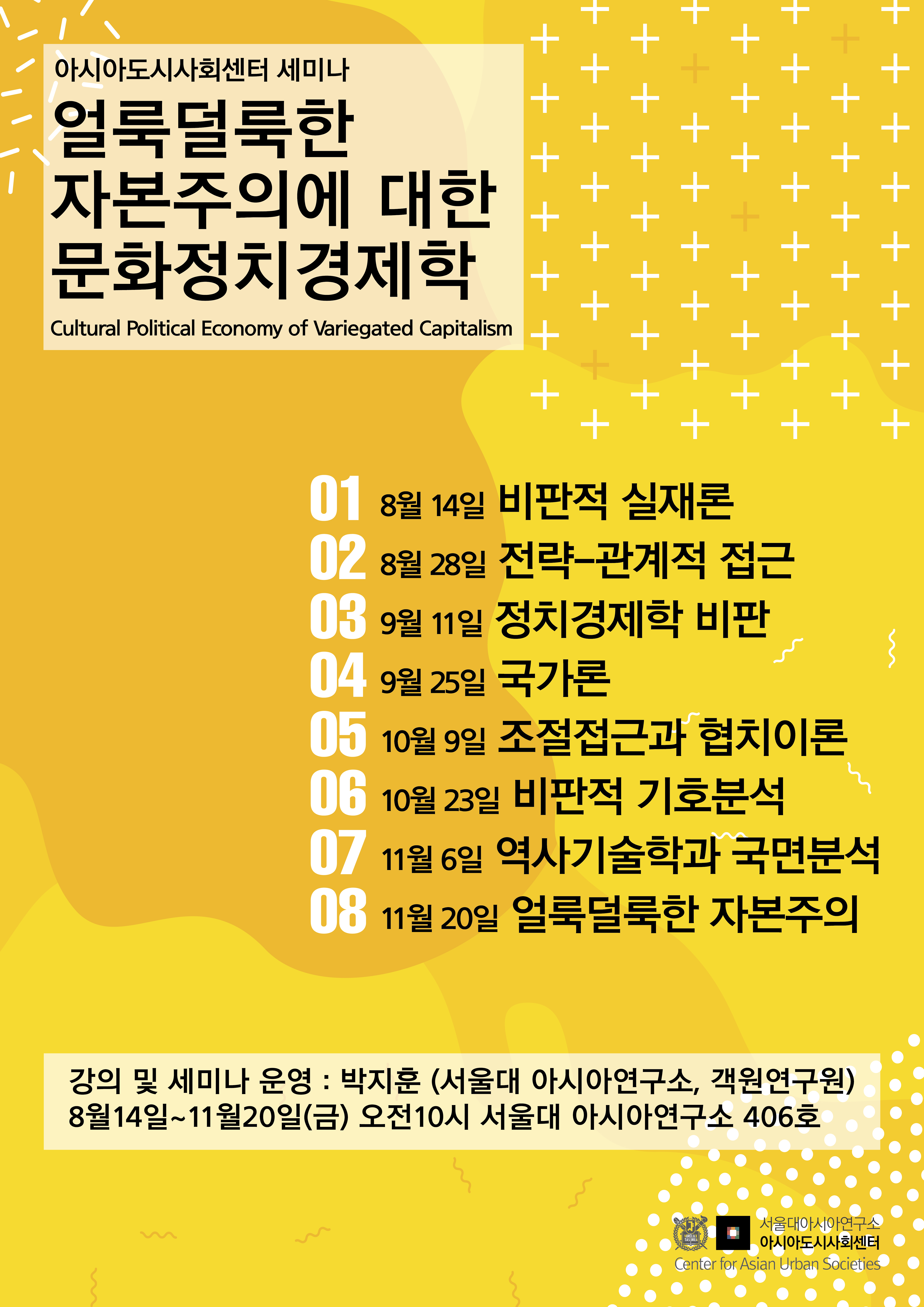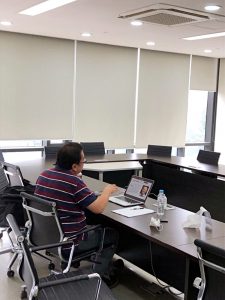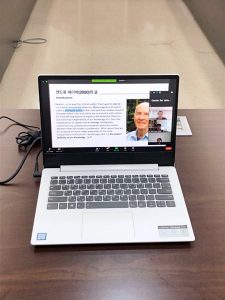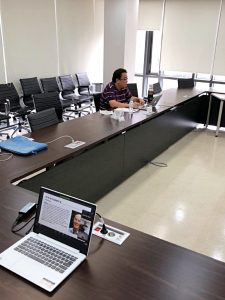Cultural Political Economy of Variegated Capitalism: The Strategic-Relational Approach
- Date: August 28th, Friday, 2020 10:00-12:00
- Online seminar via Zoom
SNUAC’s Center for Asian Urban Societies has programmed a seminar on the basics of <Cultural Political Economy of Variegated Capitalism> on every other Friday starting from August 14th.
In this seminar, we plan to overview the components of cultural political economy: (1) critical realism, (2) the strategic-relational approach, (3) critique of political economy, (4) the régulation approach and governance theory, (5) state theory, (6) critical discourse analysis and critical semiotic analysis, (7) conjunctural analysis, (8) the variegation approach.
The seminar will proceed with the lectures (mostly explanations of the background) by the host and presentations and discussion by participants. While this will start out in the form of a reading club, we are hoping that it will grow into a research network in the future. We ask all graduate students and researchers who are interested in the critique of political economy, critical cultural political economy and critical cultural studies to join us.
※ Inquiries : Kihoon Choi (geozealot@gmail.com)
Jihoon Park
Researcher at Sogang University Institute of Social Sciences. Visiting researcher at SNUAC. Earned a Ph.D. with “A Cultural Political Economy of South Korea’s Development Model in Variegated Capitalism” under the guidance of Bob Jessop and Ngai-Ling Sum at Lancaster University.
※ Please sign up through this Google Form if you wish to participate.
https://forms.gle/t25SP74xDGSnn6J19
This seminar held on August 28th was the second meeting of the eight programmed to be held, aiming for a basic understanding of critical realism.
The host of the seminar, Jihoon Park (SNUAC visiting researcher) explained the terminology and concepts related to critical realism so that all participants would be familiar with the basics. Based on this, he explained the relationship between critical realism and the economics of cultural politics. After that, he set the direction of additional learning on critical realism, showing the possibility of critical realism being actually applied in diverse disciplines.
Next, SooIm Shin (Doctoral student, Dept. of Geography Education) introduced core characteristics in using critical realism through Sayer’s 2000 paper. According to Sayer, all common aspects of critical realism pursue actual relevance between phenomena rather than formal association or pattern and prioritize conceptualization and abstraction.
Kyungsoo Lee (Seoul Institute) introduced that critical realism should be understood not as a simple social theory but as scientific philosophy, through Gorski’s 2013 essay. It is because science is also regarded as a human action that is mediated by human language and social powers. From this aspect, critical realism is not merely confined to social science and humanities but also in the realm of natural sciences.




